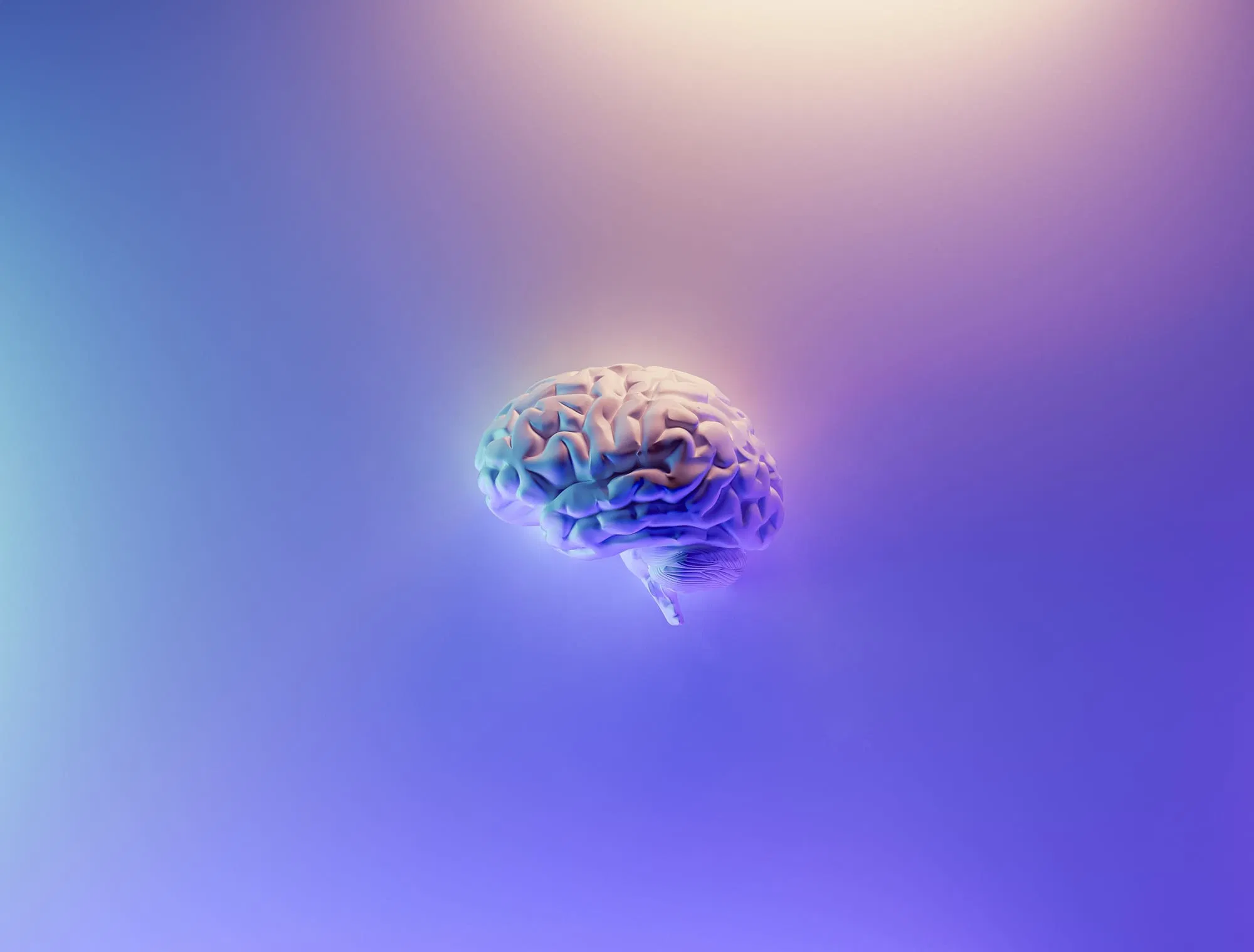Améliorer la guérison d'un traumatisme crânien : le rôle de la thérapie Shiatsu sur le corps et l'esprit

Traumatic Brain Injury (TBI) is a complex condition that requires a multi-faceted approach to treatment and rehabilitation.
While medical interventions and emerging therapies like photomodulation offer valuable contributions, complementary practices like Shiatsu therapy can also play a significant role in promoting recovery. This article explores the potential benefits of Shiatsu therapy in alleviating the effects of TBI on both the body and mind.
Shiatsu Therapy: A Holistic Approach
Shiatsu therapy is a traditional Japanese form of bodywork that involves applying pressure to specific points on the body to promote nervous system regulation, Increased circulation, increase tissue regeneration, balance energy, and improve overall well-being.
Rooted also in the principles of Traditional Chinese Medicine (TCM), Shiatsu (sometimes referred to as acupuncture without needles), aims to restore the flow of vital energy (Qi) along pathways known as meridians/channels. By addressing & taking into account the physical, emotional, and energetic imbalances; Shiatsu therapy offers a holistic approach to recovery that is particularly relevant to the challenges posed by TBI.

Effects on the Body
- Pain Management: TBI often leads to headaches, neck pain, and muscle tension. Shiatsu therapy's focus on eliciting a specific type of pressure on acupressure points and muscle relaxation can produce an analgesic effects to help alleviate pain, promoting physical comfort and reducing reliance on pain medications.
- Improved Circulation: Shiatsu therapy techniques, including gentle stretches and rhythmic pressure, enhance blood and lymphatic circulation. Improved circulation facilitates the delivery of nutrients and oxygen to brain cells, aiding in the healing process.
- Stress Reduction:TBI can trigger stress and anxiety. Shiatsu's soothing and meditative nature promotes relaxation, reducing stress hormones and contributing to a more balanced nervous system.
Effects on the Mind
- Emotional Balance: Shiatsu's emphasis on promoting harmony in the body's energy systems can have a positive impact on emotional well-being. By addressing imbalances, Shiatsu therapy can help stabilize mood and promote a sense of calm.
- Enhanced Mind-Body Connection: TBI can disrupt the connection between the mind and body. Shiatsu therapy encourages mindfulness and awareness, fostering a deeper connection between an individual's physical sensations and emotional states.
- Cognitive Support: The relaxation and improved circulation facilitated by Shiatsu therapy may indirectly support cognitive function. Reduced stress and enhanced blood flow to the brain can contribute to clearer thinking and improved mental clarity.
Integration into Rehabilitation
Shiatsu therapy can be seamlessly integrated into a comprehensive TBI rehabilitation plan. Collaborative efforts between Shiatsu practitioners, medical professionals, and therapists can lead to a well-rounded approach to recovery. Sessions can be tailored to an individual's specific needs, addressing physical discomfort, emotional challenges, and cognitive deficits.
Conclusion:
Traumatic Brain Injury presents unique challenges that extend beyond the physical realm, affecting both the body and mind.
Shiatsu therapy offers a complementary approach that targets various aspects of TBI recovery. By promoting pain relief, stress reduction, emotional balance, and improved mind-body connection, Shiatsu therapy can enhance the overall well-being of individuals navigating the complexities of TBI.
As part of an integrated rehabilitation strategy, Shiatsu therapy holds the potential to contribute significantly to the journey toward healing and recovery.
Have you tried Shiatsu therapy? Do you know someone who is struggling with the effects of brain injuries?
Book your session today!
Mihael Mamychshvili